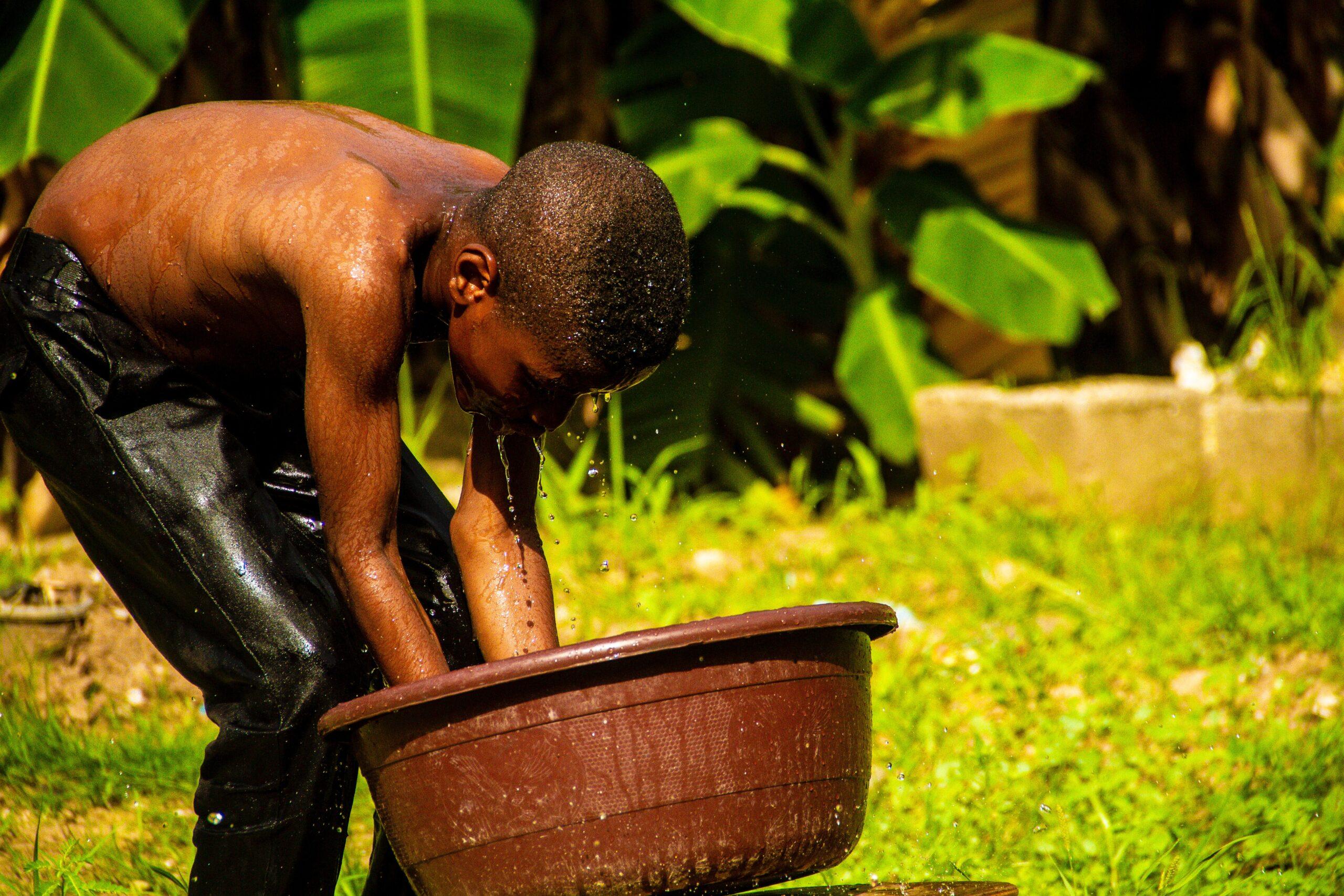Parents urged to protect children from the heat-related illnesses

Parents and guardians are encouraged to take additional measures to protect children from excessive heat exposure as the country continues to experience soaring temperatures.
Consultant paediatrician and consultant paediatric nephrologist at the Bustamante Hospital for Children, Sandrica Young Peart, notes that several illnesses can occur from excessive heat exposure caused by the increased heat in the environment. Rapid rises in heat gain due to hotter conditions affect the body’s ability to regulate temperature.
“What happens is that you have the body producing its own heat as a result of metabolic processes that occur on a day-to-day basis, and then you also have heat being given off by the body to help to keep the body in a neutral or cool state. Now, when any of these mechanisms are overwhelmed, meaning that if you have extra heat being produced or if the environment itself is excessively hot, then you can develop heat-related illnesses. They can range from being as mild as a heat rash where you might see very fine bumps on the skin, and these can be either white or red, to as severe as a heat stroke”, Peart pointed out.
Peart noted that children and babies are more vulnerable to extreme temperatures because their body water composition is higher than that of adults. “They may have anywhere between 65 to 80 per cent of body water. The younger they are, the higher their body water is whereas as adults, we are generally around 60 per cent body water. So, you can imagine if you are exposed to extreme heat for a prolonged period and you lose a lot of your body water, the detrimental effects that can occur,” she said.
Some heat-related illnesses are dehydration, dizziness, low blood pressure leading to unconsciousness, or even kidney failure. “Cramps can occur because you lose a lot of what we call electrolytes or substances in the blood that are responsible to help maintain normal muscle activity, and in the absence of adequate hydration or fluid replenishment, then you lose these electrolytes”, Young Peart pointed out.
“We sometimes see in children who may be undergoing vigorous exercise, or they may just be playing a lot in the hot sun… they may present with altered mental status. So, they may be drowsy, they may not be responsive at all, or their blood pressure can be low. They may be severely dehydrated, and they can go into shock”, Young Peart told JIS News. She said that these conditions can affect the brain, liver and kidneys.
“Multiple things can occur if our children end up with heat stroke. So, while it is important that our children are actually exercising or playing, parents must monitor them to ensure this is being done safely or that they play in an environment where it is not too hot”, she advised.
Dr Young Peart recommends hydration prior to exercise/playing outside and within 10 to 15 minutes of play, and regular water breaks.






